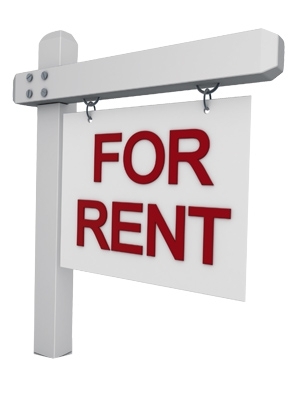Rental market on the rise
Growing numbers of renters nationwide only add to the demand for rental properties, but there are questions about what it all means.
Monday, April 11th 2016, 12:00AM  1 Comment
1 Comment
by Miriam Bell

New household tenure data from Statistics New Zealand shows that the number of households renting has increased significantly over the last 10 years.
As at 31 March 2006, there were 1,546,300 households in this country, of which 1,033,900 were owner-occupiers (67%) and 446,500 (29%) were renters.
By 31 March 2016, the estimated number of households had gone up to 1,696,500 (up 150,200 or 9.8%).
Of those households, 555,900 were renting (up 109,400 or 24.5%), while 1,077,000 were owner-occupied (up 43,100 or 4.2%).
Statistics New Zealand data also shows that in the years between June 1991 and September 2015 the proportion of owner-occupied households dropped from 74% to 64%.
Over the same period, the proportion of households renting increased from 23% to 32%.
NZ Property Investors Federation executive officer Andrew King said growing numbers of renters made for increased demand for rental properties at the moment.
“Rental affordability is actually better than it used to be. So it is cheaper for people to rent a house than it is for them to buy and own a house.
“This probably contributes to the current trend, but it doesn’t necessarily mean the trend will last.”
King said that home ownership shot up between the 1970s and the 1990s – thanks to government incentives to encourage homeownership.
Those incentives were stopped in the early 1990s and, since then, homeownership figures have been reverting back to the pre-1970s trend.
In his view, new incentives like KiwiSaver grants and Welcome Home loans, along with ongoing efforts to increase housing supply, could eventually halt the downward trend of home ownership.
However, Labour’s Housing spokesperson Phil Twyford said the data showed the housing crisis is locking Kiwis out of the dream of home ownership and creating a generation of renters.
A massive state-backed building programme to flood the market with affordable homes for first home buyers and a clamp down on offshore speculators pushing up house prices was needed, he said.
Property Institute chief executive Ashely Church agreed that the data confirmed the changing nature of homeownership in New Zealand.
He said the decline in the rate of homeownership could be due to both circumstance, meaning people can’t afford to buy, and, to an extent, choice.
“But, while it might be good for landlords, you do have to ask whether it is good for our society which was built around the dream of home ownership.”
Meanwhile, new Crockers research has found that high rental demand, particularly in Auckland, could lead landlords to push up rents to boost the return on their investment.
Auckland’s strong population growth and undersupplied housing market is mixed with the unusual situation where investors are facing more difficult buying conditions due to the LVRs, the research said.
“Limited growth in the stock of rental accommodation in the region has the potential to put even more upward pressure than normal on rents throughout 2016.”
| « Due diligence: how to avoid disaster | Free Investment Property Showcase Events: Auckland, Wellington and Christchurch » |
Special Offers
Comments from our readers
Sign In to add your comment
| Printable version | Email to a friend |




As newly built homes seem to cost as much as if not more than existing homes, I guess that this implies a state (i.e. taxpayer) subsidy?